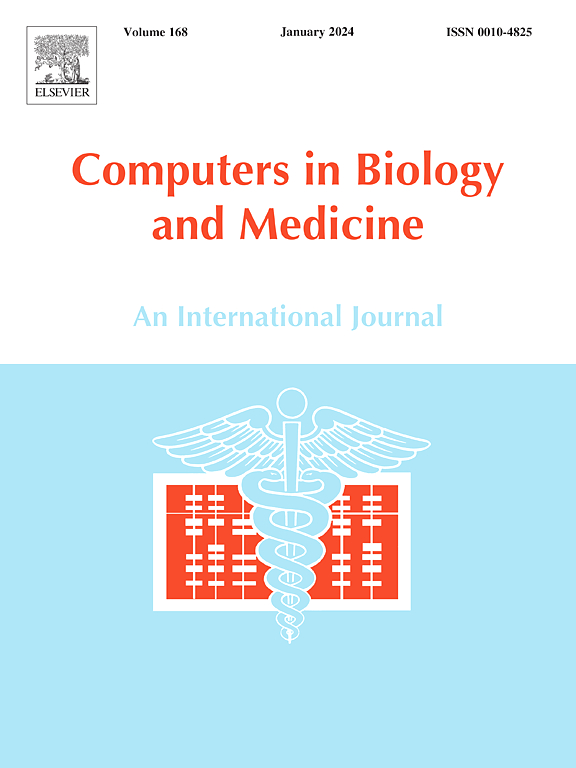超越准确性:评估脑肿瘤检测人工智能模型的确定性
IF 7
2区 医学
Q1 BIOLOGY
引用次数: 0
摘要
脑肿瘤构成严重的健康风险,如果不及早发现,往往会导致致命的后果。大多数研究的重点是提高分类的准确性,而本研究强调预测的确定性,通过损失值进行量化。准确性和精度等传统指标无法捕捉到对预测的信心,而这对医疗应用至关重要。本研究建立了较低的损失值与较高的预测确定性之间的相关性,确保了更可靠的肿瘤分类。我们对CNN、ResNet50、XceptionNet和一个具有定制分类层的拟议模型(VGG19)进行了准确度、精密度、召回率和损失评估。结果表明,尽管不同模型的准确率具有可比性,但该模型的准确率为96.95%,损失为0.087,在准确率和召回率方面均优于其他模型。这些发现表明,具有确定性意识的人工智能模型对于可靠的临床决策至关重要。这项研究强调了人工智能的潜力,通过在医疗保健中整合可靠的诊断工具来弥补医疗专业人员的短缺。人工智能驱动的系统可以加强早期发现并改善患者预后,从而加强了在医学成像中采用确定性驱动的人工智能的需求。本文章由计算机程序翻译,如有差异,请以英文原文为准。
Beyond Accuracy: Evaluating certainty of AI models for brain tumour detection
Brain tumors pose a severe health risk, often leading to fatal outcomes if not detected early. While most studies focus on improving classification accuracy, this research emphasizes prediction certainty, quantified through loss values. Traditional metrics like accuracy and precision do not capture confidence in predictions, which is critical for medical applications. This study establishes a correlation between lower loss values and higher prediction certainty, ensuring more reliable tumor classification.
We evaluate CNN, ResNet50, XceptionNet, and a Proposed Model (VGG19 with customized classification layers) using accuracy, precision, recall, and loss. Results show that while accuracy remains comparable across models, the Proposed Model achieves the best performance (96.95 % accuracy, 0.087 loss), outperforming others in both precision and recall. These findings demonstrate that certainty-aware AI models are essential for reliable clinical decision-making.
This study highlights the potential of AI to bridge the shortage of medical professionals by integrating reliable diagnostic tools in healthcare. AI-powered systems can enhance early detection and improve patient outcomes, reinforcing the need for certainty-driven AI adoption in medical imaging.
求助全文
通过发布文献求助,成功后即可免费获取论文全文。
去求助
来源期刊

Computers in biology and medicine
工程技术-工程:生物医学
CiteScore
11.70
自引率
10.40%
发文量
1086
审稿时长
74 days
期刊介绍:
Computers in Biology and Medicine is an international forum for sharing groundbreaking advancements in the use of computers in bioscience and medicine. This journal serves as a medium for communicating essential research, instruction, ideas, and information regarding the rapidly evolving field of computer applications in these domains. By encouraging the exchange of knowledge, we aim to facilitate progress and innovation in the utilization of computers in biology and medicine.
 求助内容:
求助内容: 应助结果提醒方式:
应助结果提醒方式:


